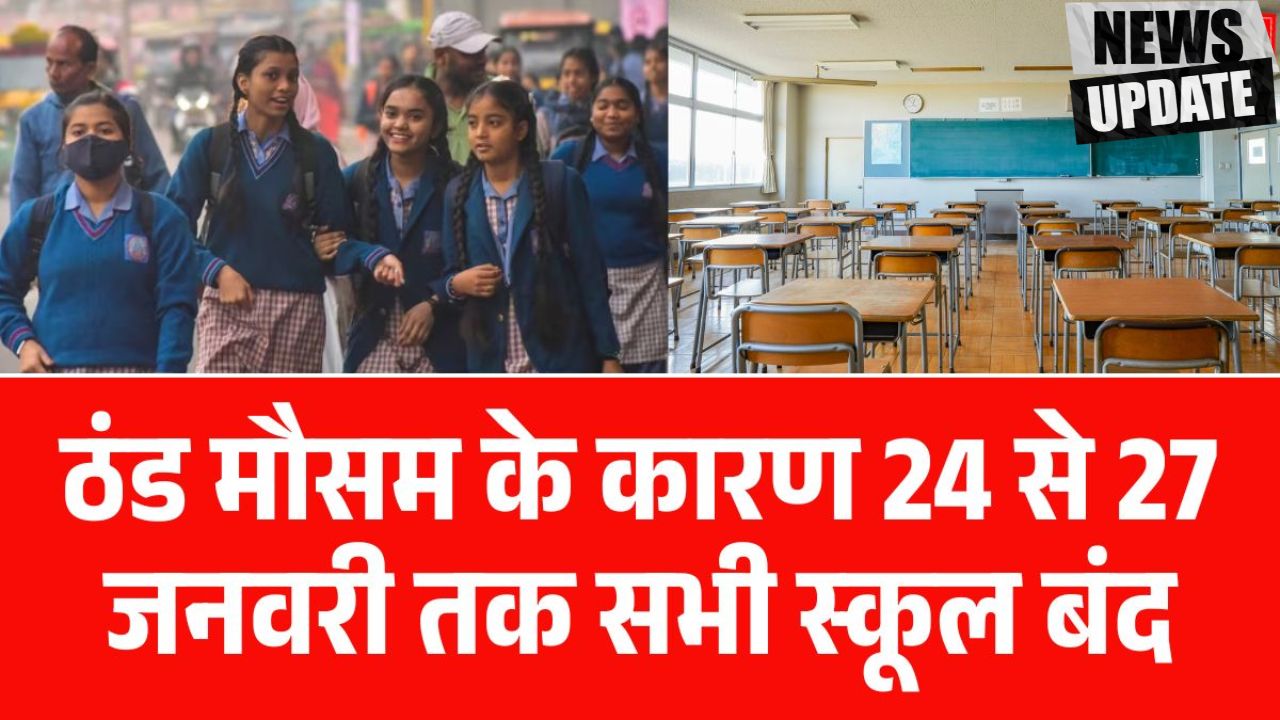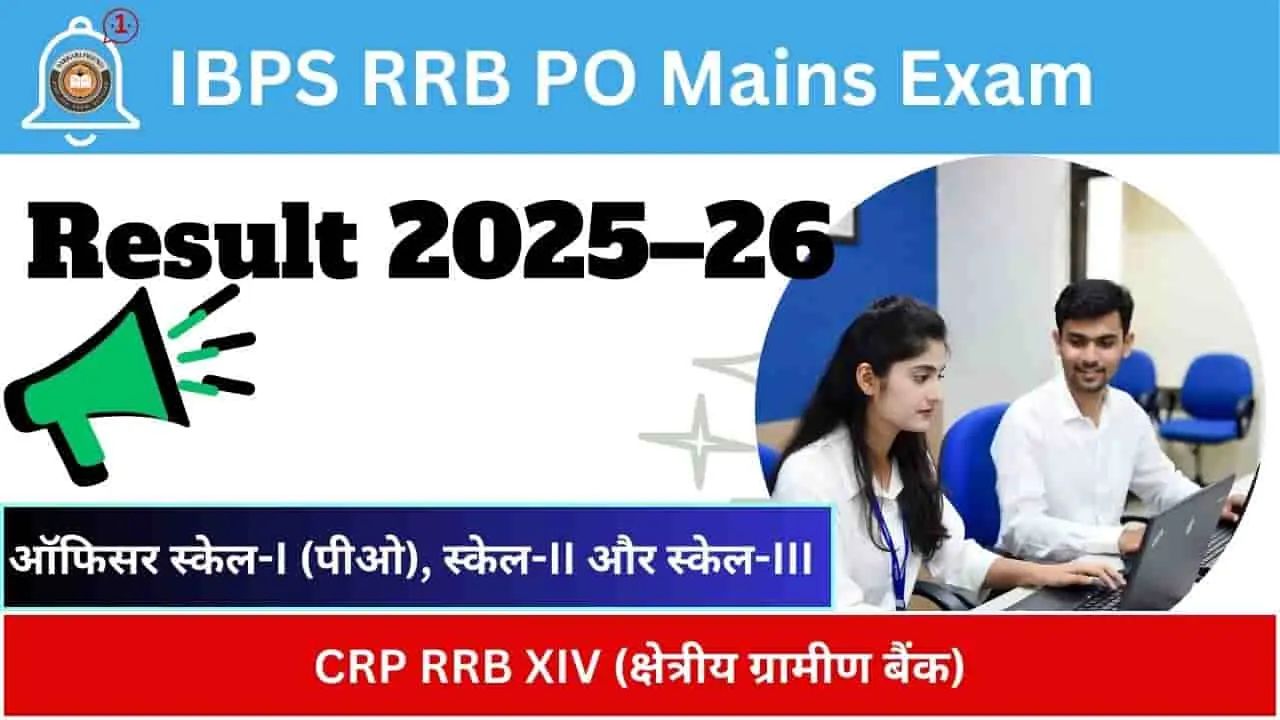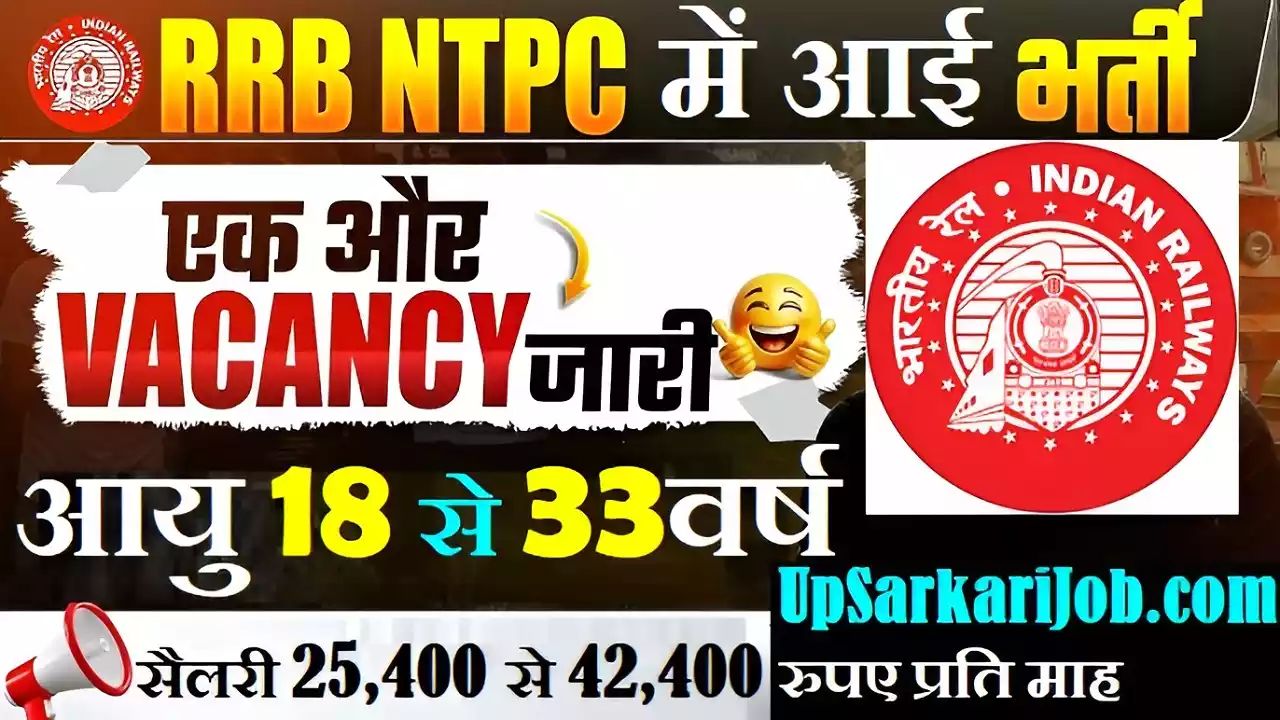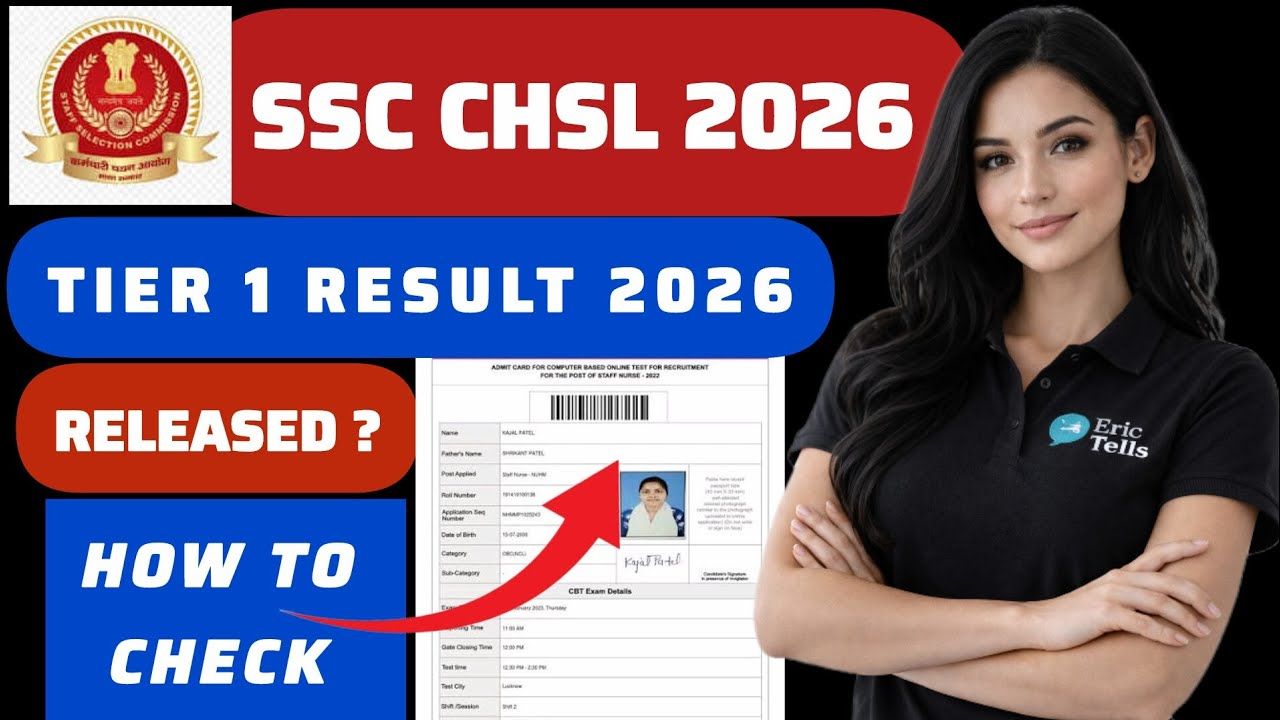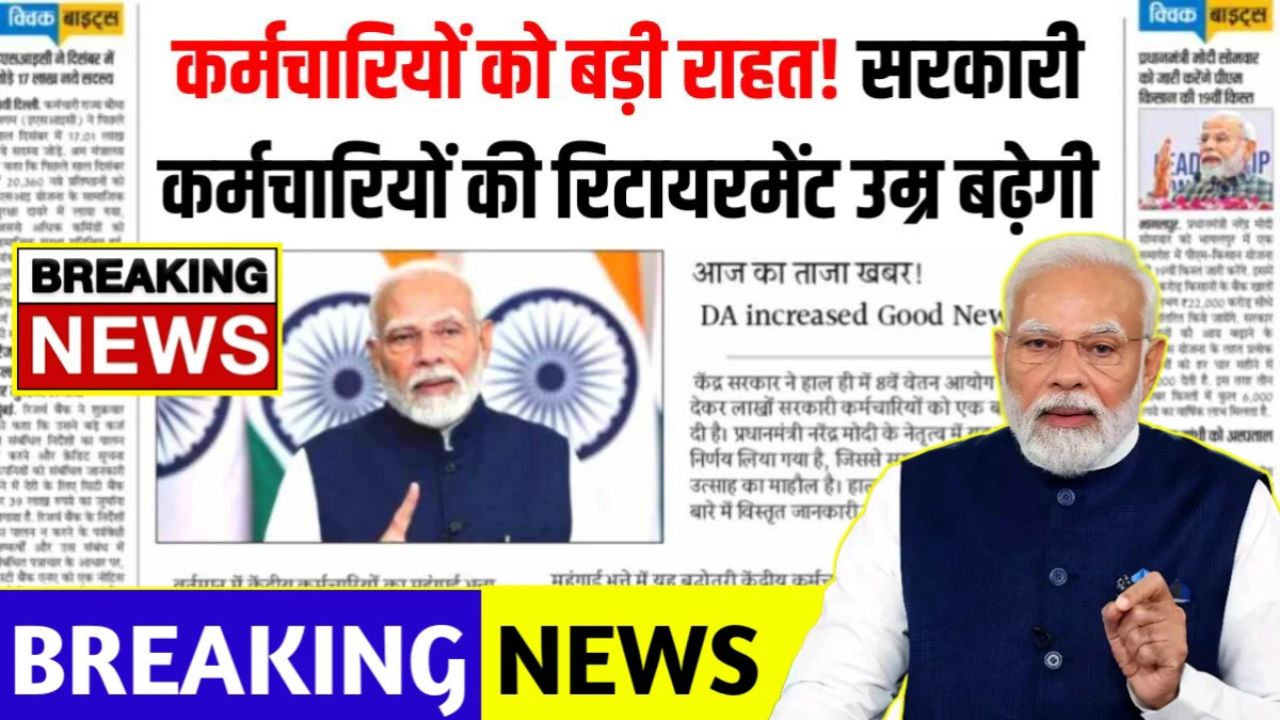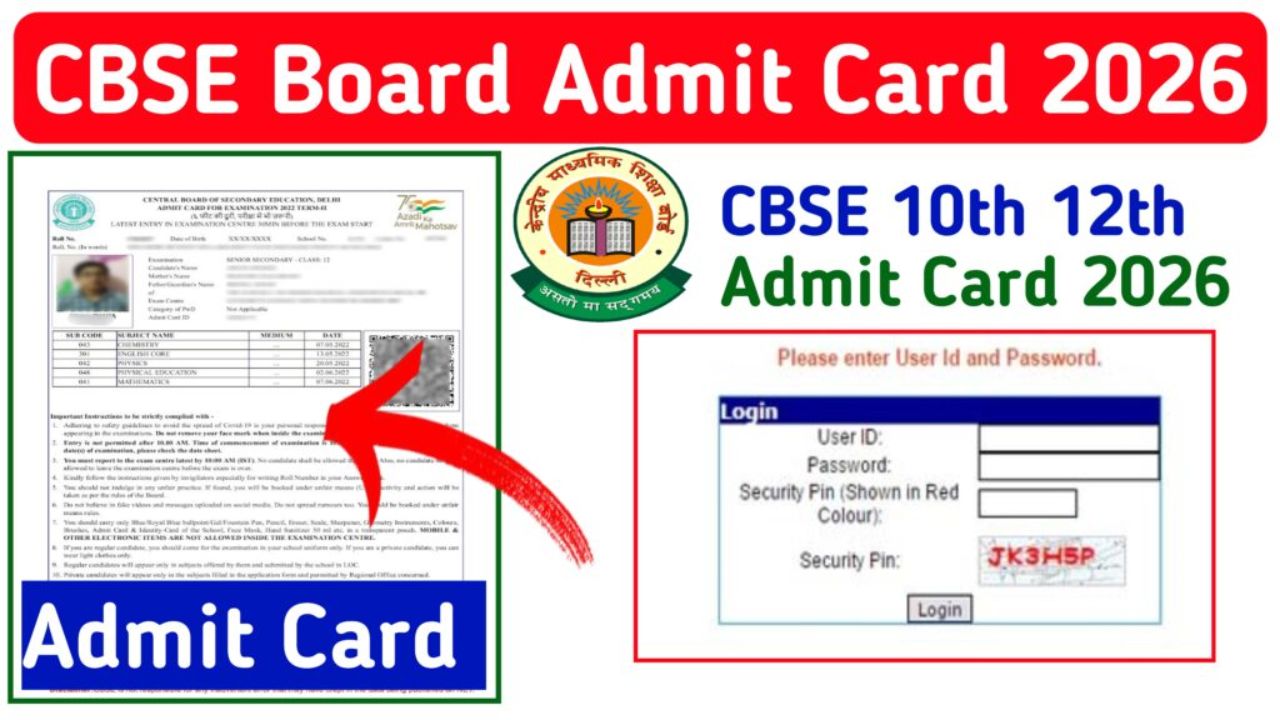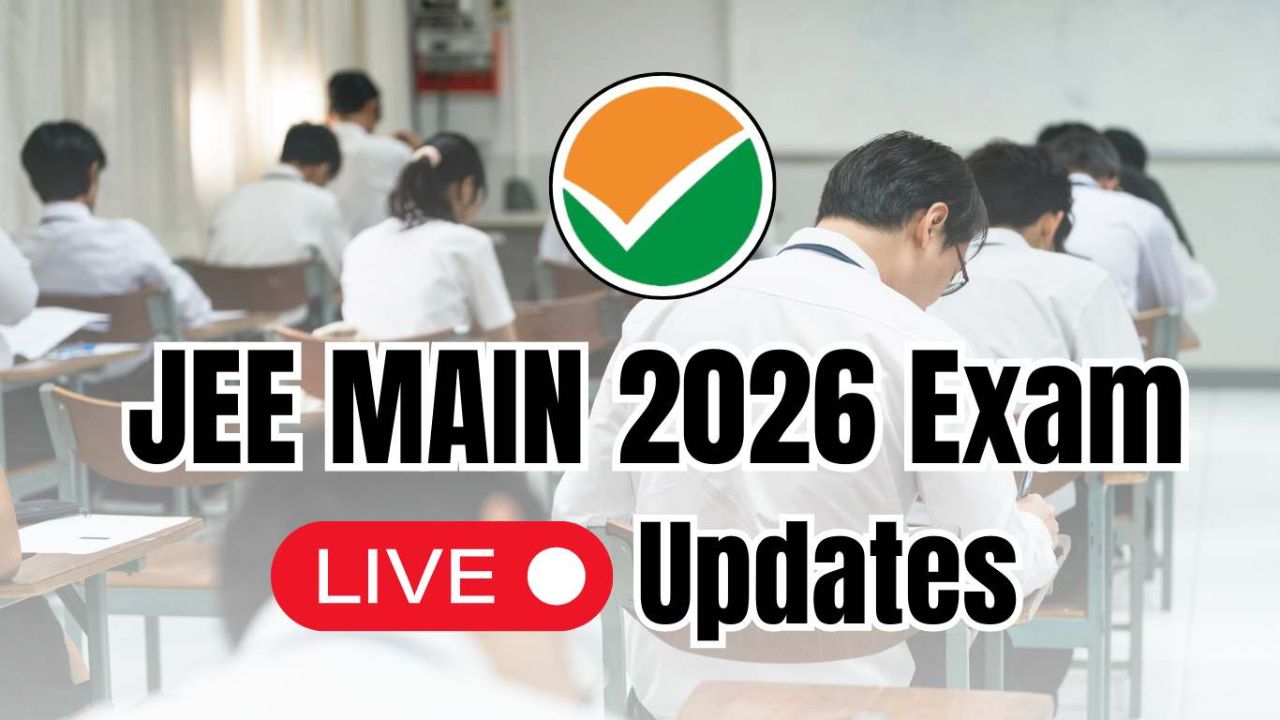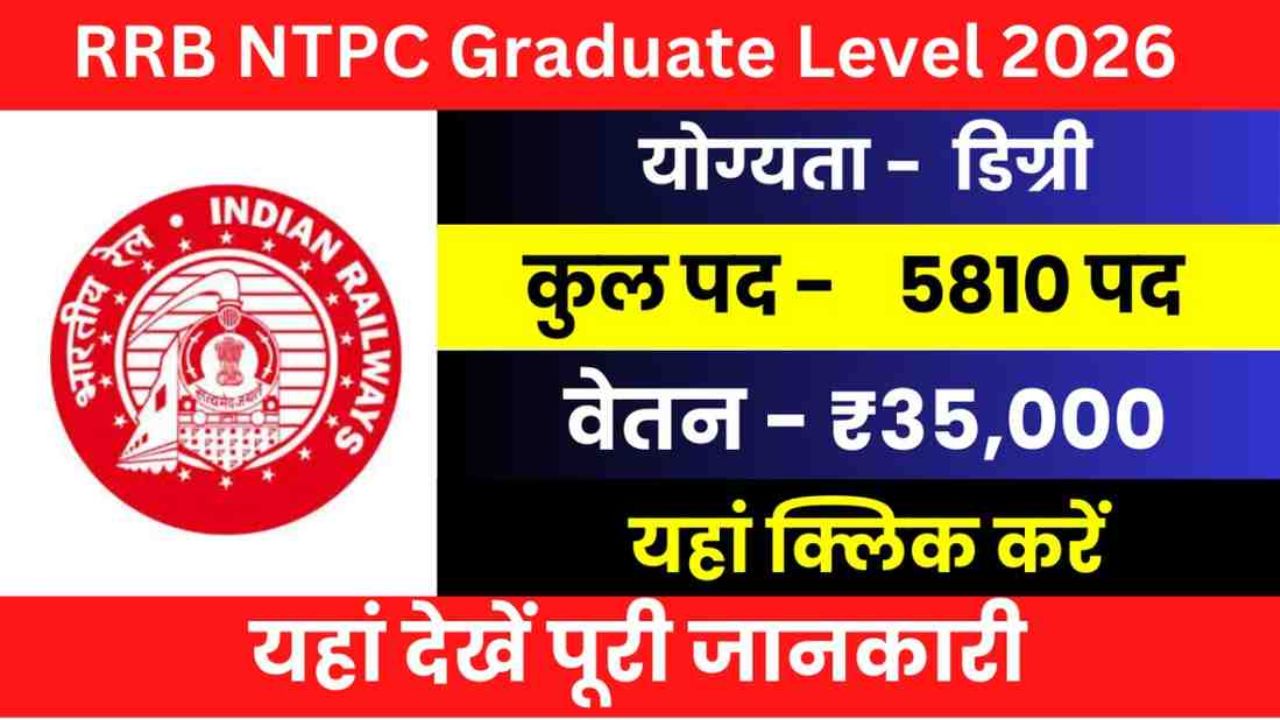B.Ed Course: 1-year B.Ed relaunched, NCTE’s new rule brings relief to lakhs of youth, let’s find out!
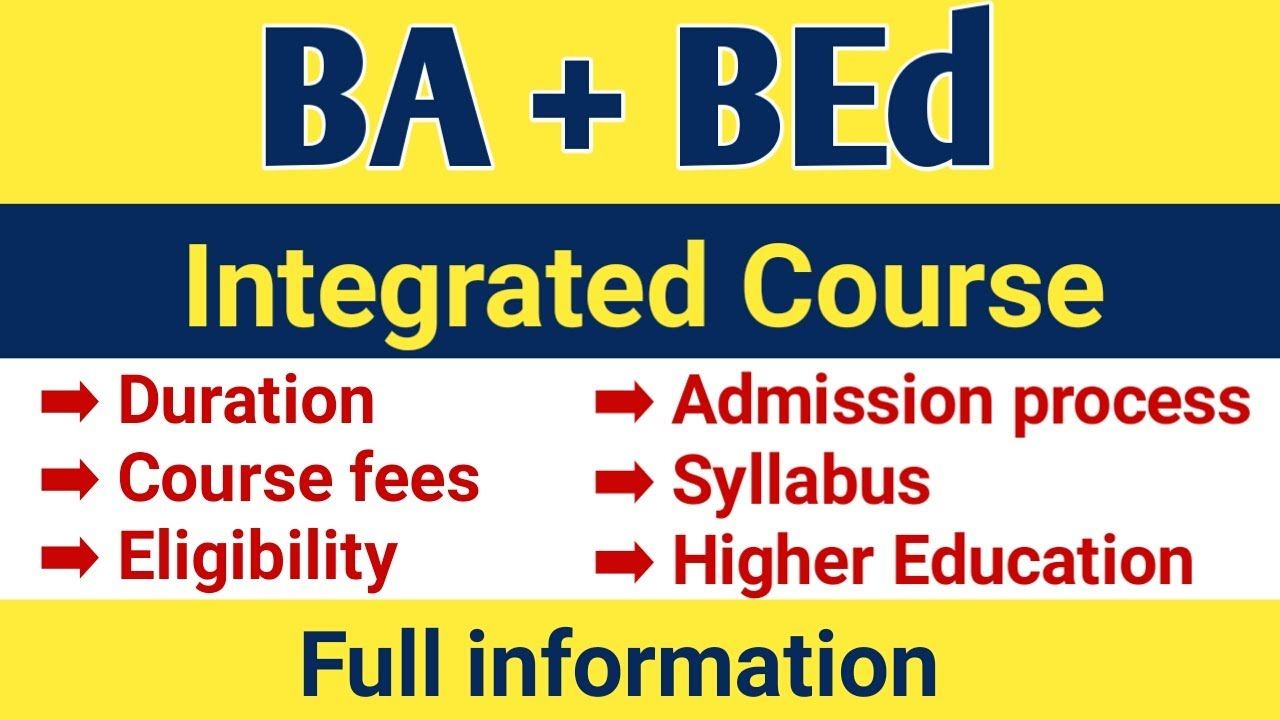
B.Ed Course: The Bachelor of Education (B.Ed) course is one of the most sought-after professional degrees for aspiring teachers in India. As education evolves, the demand for well-trained educators grows stronger. The B.Ed Course 2025 brings new updates regarding eligibility criteria, admission processes, course duration, and career prospects that every candidate should know. Whether you are a recent graduate or a working professional aiming for a teaching career, this comprehensive guide helps you navigate the essentials efficiently.
What is a B.Ed Course?
B.Ed, or Bachelor of Education, is a two-year undergraduate professional degree that prepares students for teaching at school levels. The program focuses on understanding pedagogy, educational psychology, teaching methodologies, and curriculum design. It aims to equip aspirants with the skills and qualifications necessary to become competent educators.
The B.Ed qualification is mandatory for teaching positions in primary, upper primary, secondary, and senior secondary schools under central and state governments.
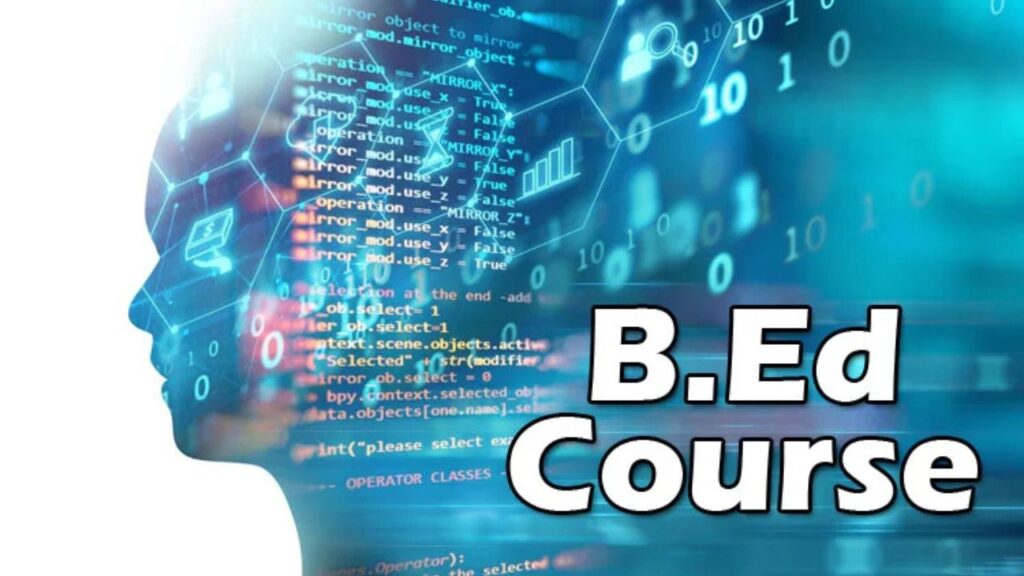
Eligibility Criteria for B.Ed Admission 2025
- Candidates must hold a bachelor’s degree (BA, BSc, BCom, or equivalent) from a recognized university.
- Minimum aggregate marks typically range from 50% to 55%, varying by institute and reservation category.[kw2]
- Some universities require relevant subject majors for certain teaching specializations.
- Age criteria generally allow candidates up to 35 years for general category, with relaxations for reserved categories.
- Candidates appearing for their final graduation exams are also eligible to apply provisionally.[kw3]
Admission Process and Important Dates
- The admission process generally begins with the release of the official notification in mid to late 2025.
- Aspirants must apply online through respective universities or state counseling portals.[URL A with anchor]
- Many states and colleges conduct entrance exams like CTET, UPTET followed by counseling.
- Application deadlines usually fall between August and September, with entrance exams scheduled shortly thereafter.
- Merit lists are prepared based on entrance results or academic scores.[URL B with anchor]
Candidates should regularly check official university or state education department websites to stay updated with notifications and deadlines.
Duration and Course Structure
- The B.Ed course duration is typically two years, divided into four semesters.
- The curriculum includes theory papers, practical pedagogical training, educational technology, and fieldwork.
- Key subjects include Educational Psychology, Teaching Methodology, Educational Philosophy, and School Management.
- Internships and teaching practice sessions in actual classrooms form an integral part of the course.[kw2]
Fee Structure and Scholarships
- Fee ranges vary widely by institution and can range from INR 30,000 to INR 2,00,000 annually.
- Government colleges typically charge lower fees compared to private institutions.
- Several state governments and central schemes offer scholarships for eligible candidates, particularly for SC/ST/OBC and economically weaker sections.[kw3]
- National scholarship portals and university websites provide application guidelines for financial assistance.
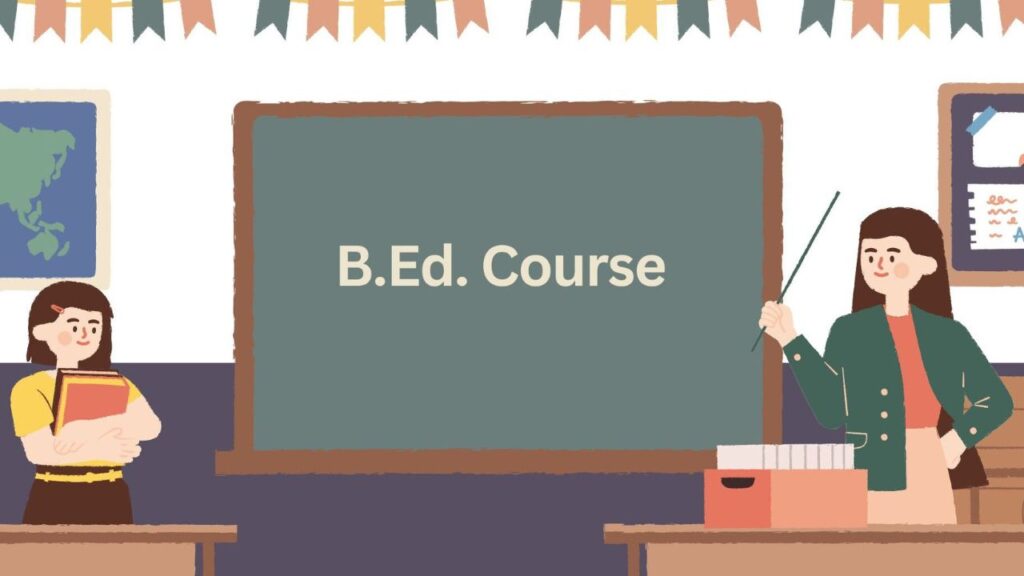
Career Opportunities After B.Ed
- Graduates can apply for teaching positions in government and private schools across India.
- Opportunities exist in primary, secondary, and higher secondary schools after meeting requisite eligibility.
- B.Ed holders can also explore roles in educational planning, administration, curriculum design, and instructional coordination.
- Some candidates pursue further studies like M.Ed or diet programs to advance careers.
- The qualification is recognized nationwide and often a prerequisite for teacher recruitment exams such as CTET and state TETs.
Preparing for B.Ed Entrance Exams
- Focus on general knowledge, teaching aptitude, reasoning, and subject knowledge aligned with the chosen specialization.
- Solve past years’ question papers and participate in mock tests for better time management.[kw2]
- Many online coaching platforms and study materials are available tailored to B.Ed entrance syllabuses.
- Consistent study and awareness of exam patterns increase chances of success.
FAQs
Q1: What are the essential eligibility criteria to apply for B.Ed Course 2025?
Candidates should have a bachelor’s degree with minimum marks as prescribed by the institute, often 50–55%. Final-year students can apply provisionally.
Q2: How can I apply for admission in B.Ed Course 2025?
Applications are mostly online through university or state counseling portals. Candidates must prepare entrance exam documents, academic certificates, and photograph uploads.
Q3: What is the duration of B.Ed Course?
The course usually runs for two years, structured across four semesters, including theory, theory-practical rollout, and internship.
Q4: Are there scholarships available for B.Ed students?
Yes, scholarships exist at state and central levels, targeting reserved categories and economically weaker students. Check official scholarship portals and college notices.
Q5: What career options open after completing B.Ed Course 2025?
Graduates can teach in schools, manage educational programs, or pursue higher education in teaching. B.Ed is mandatory for government teacher jobs.
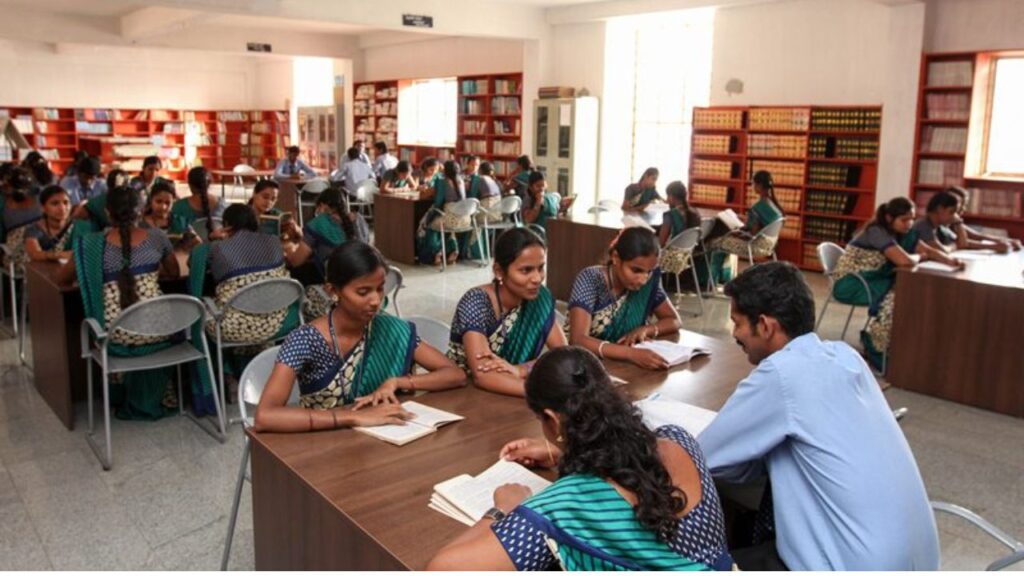
Conclusion
The B.Ed Course 2025 continues to be a cornerstone for aspiring educators seeking formal training and certification. By understanding eligibility, admission procedures, and career paths, candidates can strategically plan their educational journey. Stay informed with timely updates and apply through credible sources to secure your future as a qualified teacher.
